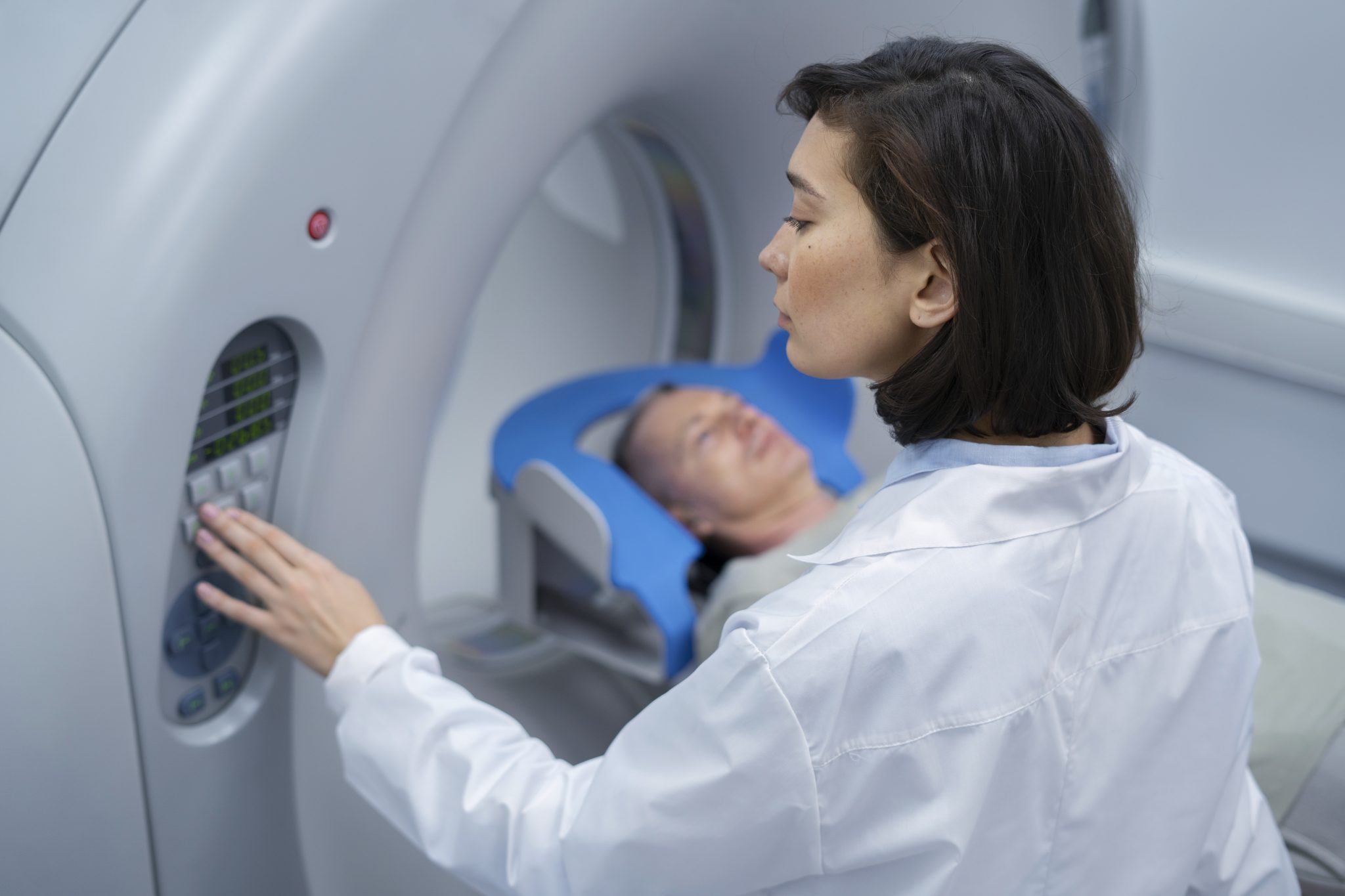Welcome to the Neuroendocrine Cancer Tests & Scans page. Here, you will find information about the various tests and scans used to diagnose and monitor neuroendocrine cancer, decision-making, medical consent, and what to expect during your appointments to help guide you.
Types of Tests
Select the image to learn more
Blood and Urine Tests
Chromogranin A
Urinary 5-HIAA (5-hydroxyindoleacetic acid)
Blood Serotonin Test
Fasting Gut Hormone Profile
Catecholamines / Metanephrines
NT-Pro-BNP
Calcitonin
Other Potential Tumour Markers
Tests using Scopes
Bronchoscope
Endobronchial Ultrasound (EBUS)
Endoscopic Ultrasound (EUS)
Gastroscope
Colonoscope
Sigmoidoscopy
Rectal Endoscopic Ultrasound
Colposcopy
Hysteroscopy
Video Capsule Endoscopy
ERCP (Endoscopic Retrograde CholangioPancreatography)
PTC (Percutaneous Transhepatic Cholangiography)
Cystoscopy
Scans
Nuclear Medicine Scans:
Octreotide Scan
Tektrotyd Scan
Gallium-68 DOTATATE PET/CT
Copper Cu 64 Dotatate PET Scan
Glucagon-like Peptide-1 Receptor PET Scan
MiBG Scan
FDG-PET Scan
Other Scans and Tests
Bone Scan
Echocardiogram
Cardiopulmonary Exercise Test (CPEX or CPET)
HIDA Scan
SeHCAT Scan
ECG (ElectroCardioGram)
Further Support
Symptoms
Tests
Newly diagnosed
Treatments
What is Neuroendocrine Cancer?
Living with Neuroendocrine Cancer
How we can support you
NC research and our campaign work
End of life care













